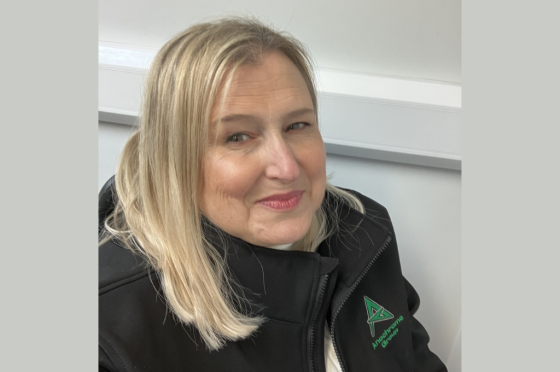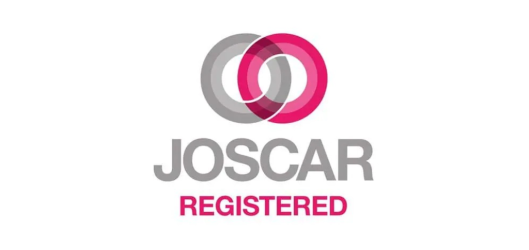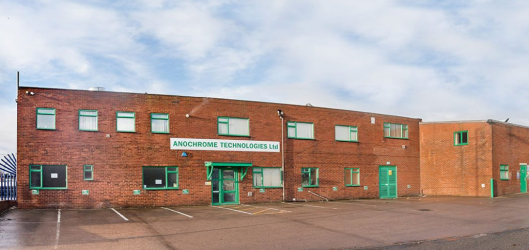
Sue Guilmant, Group Compliance Manager at the Anochrome Group, has worked for the company for more than two years. Speaking with Torque Magazine, Guilmant discusses the changes of the industry, how team leaders have played key roles in helping her grow and raising awareness of the opportunities the market holds for those considering joining the sector.
How did you get into the industry?
I was approached by a recruitment company two years ago about the role at the Anochrome Group—and I jumped at the opportunity.
I'm a Group Quality Manager by profession and have worked in the automotive industry since 1999. I first stumbled into quality by chance, having briefly encountered it while working in a factory. That led me to a quality admin role, where the manager quickly recognised I had a natural flair for it—particularly because I enjoyed problem-solving and working as part of a team. During the first 10 years of my quality career, I had the opportunity to work in every role within the quality department.
The fasteners industry is still relatively new to me, but it's an interesting area.
What does your day-to-day job involve?
I am Compliance Manager, so my day-to-day responsibility is to ensure the Group is complying with its legal obligations. I have to ensure all compliance documentation is completed on time and to check all sites are using the correct equipment.
I also oversee data, including all the checks that have to be carried out by outside contractors.
Another key role is supporting our quality managers with all aspects of Quality Management and Assurance, and ensuring we maintain our certifications IATF 16949, ISO9001, AS9100 and ISO14001.
What are the biggest changes you have seen in the industry and company since you started?
There has been a monumental shift in attitudes towards environmental systems and industry's Impact on the planet. That covers everything from energy consumption to the chemicals we use. Many of the certifications we have acquired require evidence of environmental impact.
Can you share some of your career highlights and milestones so far?
I always remember when I worked in logistics in my first factory job, I was told I'd never have a career in quality. However, I had a great manager who taught me every- thing I know. He was very proactive and pragmatic. encouraging his team to learn the methodology behind what we do and to apply it in their day-to-day jobs.
I was very fortunate to have a manager like him. He encouraged me to apply for European and Group roles within my company, and when I left the company. I was their Group Integrated Systems Manager (IMS). I was responsible for managing the IMS for 32 sites all over the world. Without his support. I would never have believed I could do that role.
Your favourite thing about the fastener industry?
I love the fact the industry is evolving quickly with new technologies and environmental improvements.
The new technology that is being introduced is improving safety and productivity, whilst making the shop floor environment and its processes cleaner and more environmentally friendly than they have ever been before.
What do you think needs to be done to encourage more women to get involved in the fastener industry?
We do need to see more women in the fastener industry, but also in engineering and quality sectors.
Strong managers who will empower and support women in the workplace are so important. I am an example of this, as I would not be successful without the support and encouragement from my managers over the years.
Attitudes towards women in engineering have changed dramatically over the past 40 years. When I was at school in the 1980s, women were typically encouraged to pursue careers in offices, the beauty Industry or care services. I tried to follow that path, starting out as a trainee hairdresser, but I only lasted two weeks. I then moved into an office role, but after five years I realised it just wasn't for me. I decided to try something different, explored a few roles and eventually found my place in Quality Engineering—and I've never looked back.
Many women find themselves in engineering by accident—I know I did.
Stepping outside your comfort zone can be a good thing it certainly did me no harm and has led to a rewarding career. I have many female friends who have also followed the "accidental" path like me and ended up in either the engineering or manufacturing sectors. They are as passionate about it as I am.
Any words of advice?
Take everything in as you go, grab every opportunity, if unsure, give it a go anyway. Never be afraid to ask questions, always listen to advice and believe in yourself.



